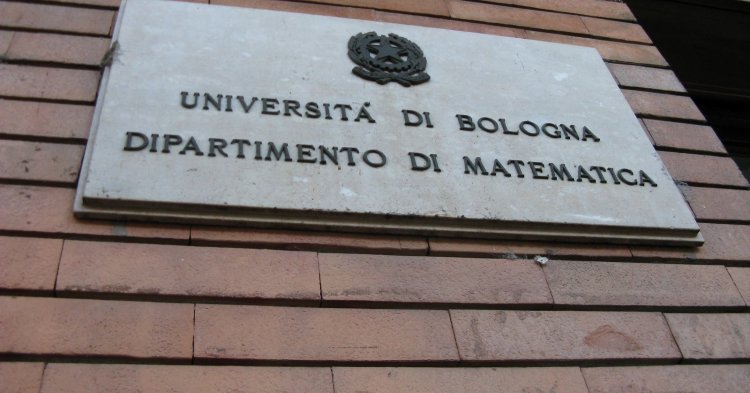The Bologna process is an initiative aiming at getting the European university systems closer together. In 1998, 29 signatory countries took up the challenge to engage in a common agreement to get the different higher education systems in Europe closer together. Given the growth and enlargement of the competencies of the European Union in the following years, the creation of the European Higher Education Area (EHEA) had to wait until 2010.
The benefits of the Bologna process could seem logical, but still today, their practice sometimes remains unknown. Above all, did this process allow a real harmonisation of the European higher education area?
This initiative was implemented to facilitate the recognition of qualifications and diplomas in different European countries and beyond. Indeed, the initiative went far beyond the framework of the European Union, as 48 countries currently belong to this EHEA. But why did it rouse so much interest? Well, in a context of globalisation, life without university harmonisation appears difficult. It is actually a European agreement, enabling a convergence for the interoperability of the European university systems. The challenge is to give a European dimension to higher education.
In practice, it mainly results in the rise of mobility opportunities for students, professors and researchers. After several months or years spent in another country and another culture, a lot of young academics and graduates see their professional possibilities increase at the European and international level. This initiative aims at recognising at a larger scale the qualifications obtained in a country, especially to obtain a job or a training opportunity in another country.
How does it work in practice?
The signatory countries established the European Credit Transfer System (ECTS). It consists in quantifying by “credits” the courses that have a different basis depending on the country. This harmonisation is meant to allow more flexibility for the students to draw up their timetable. Then, the Bologna process generalised the establishment of the three-cycle system (bachelor, master, doctorate), which enabled for the same diplomas to be recognised in other countries, to facilitate the international recognition of diplomas and qualifications in view of a better professional integration. These different reforms have contributed to making the European universities and higher education schools more competitive and more attractive compared to the rest of the world. Moreover, it contributes to building a European identity, by allowing young people to live a real intercultural experience.
European recognition is good, but at what cost?
At first sight, the Bologna Process seems ideal and fundamentally adapted to the society and issues of our time. This said, it remains disputed in many respects. Harmonisation is not to everyone’s taste, in particular when some reforms with neoliberal aims challenge the democratisation of higher education.
The raised concerns are especially linked with an increase in tuition fees in all member states. It thus appears difficult for France, known for its accessible university fees, to not take a hit in this European harmonisation. Under which conditions could we create a real harmonisation of the European higher education area? Can we expect to see someday a label “European diploma”? And what are the limits not to cross to allow the member states to keep their cultural differences within a diverse Europe? Studying abroad, within another culture, also means learning to study differently. But let’s not forget that “harmonising” doesn’t mean “standardising”.


Follow the comments: |
|
